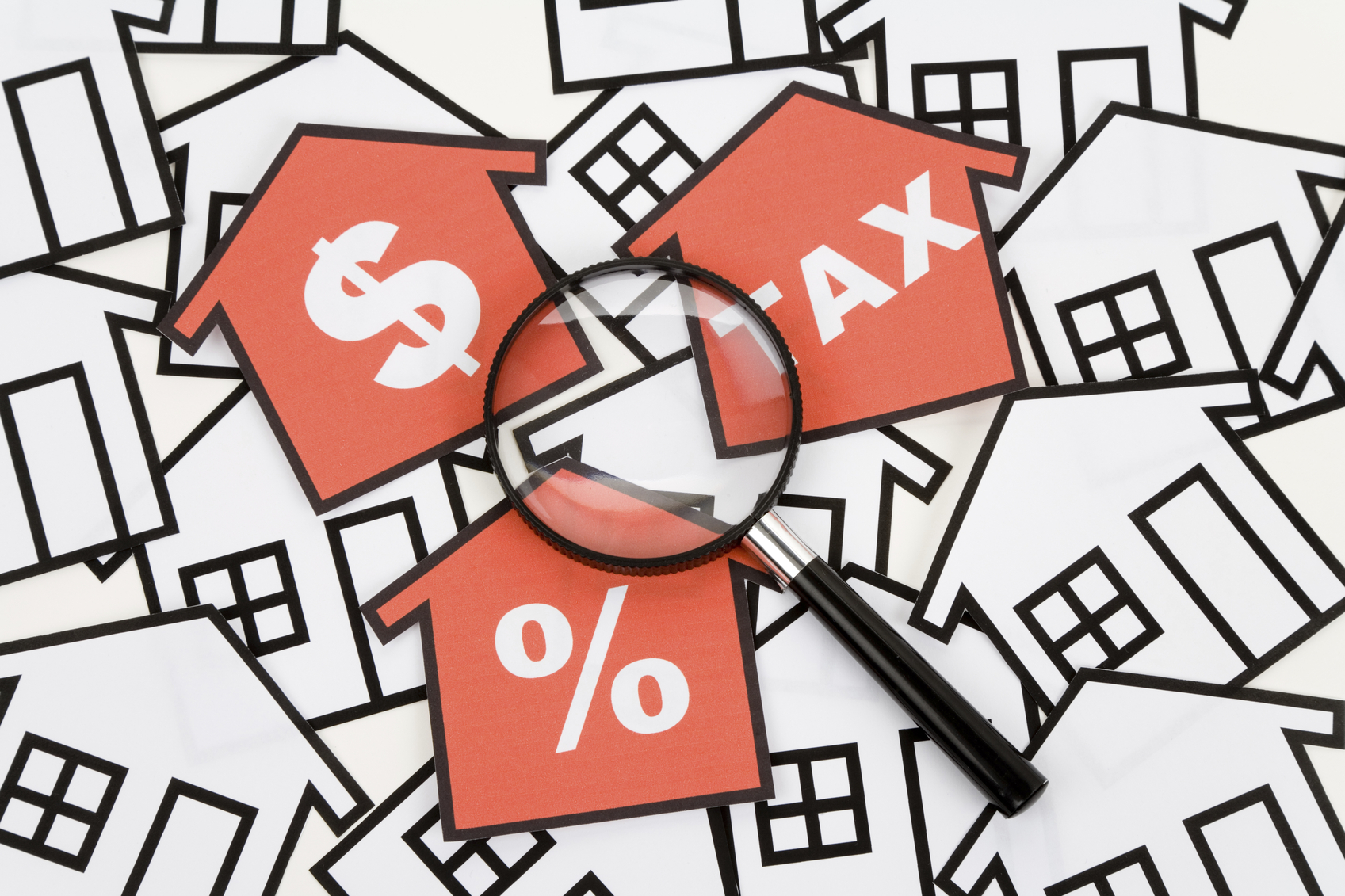Getting approved for a home loan is a significant milestone, but the process can be complex, especially when traditional documentation like tax returns is required. For many potential homeowners, particularly self-employed individuals or those with irregular income, providing tax returns can be challenging. This raises the question: Can you get a home loan without tax returns? The answer is yes, but it requires exploring alternative home financing options and understanding the specific mortgage requirements and risks involved. In this article Smart Lending will help you better understand your options for getting approved for a home loan with no tax returns.
Most people find it challenging to qualify for a mortgage without providing standard income documentation for the last two years. However, there are mortgage options available for those who cannot provide tax returns or whose tax returns do not reflect sufficient income to qualify for a mortgage.
Banks and mortgage lenders who offer no tax returns mortgage loans typically design these loan programs for self-employed homebuyers. Often, self-employed individuals have significant business deductions that lower their net income, resulting in tax returns showing very little income or even a loss.
There are also options for W2 wage earners who cannot provide tax returns. Lenders advertising a no tax returns mortgage understand that the income documented on your tax returns is not as crucial as the actual monthly income you generate. Therefore, they may request to see 12-24 months of bank statements instead. This approach allows you to finance your dream home without the need to provide tax returns.
Why Mortgage Lenders Require Tax Returns
Tax returns provide a comprehensive picture of a borrower’s financial situation, including income, expenses, and any other relevant financial activities. Lenders use this information to assess the borrower’s ability to repay the loan. For self-employed individuals, tax returns are crucial as they often reflect business income and deductions, which can significantly impact reported income.
In some unique instances, self-employed borrowers whose tax returns don’t accurately reflect their actual monthly income may qualify for a lower-document loan known as a non-QM loan, also referred to as non-qualified mortgages. Of course, Smart Lending will help you compare offers for a mortgage without tax returns.
How to Get Home Loans Without Tax Returns
Alternative Documentation Loans
If you cannot provide traditional tax returns, several alternative documentation loans might be available. These loans use other forms of income verification to determine eligibility. Here are some common alternatives:
-
Bank Statement Loans
- Overview: Bank statement loans are designed for self-employed borrowers or those with irregular income. Instead of tax returns, lenders review 12 to 24 months of personal and/or business bank statements to assess income.
- Requirements: For a bank statement loan, most lenders typically require a strong credit score, a sizable down payment, and proof of consistent deposits.
- Pros and Cons: These home loans with banks statements offer flexibility for those with non-traditional income, but they often come with higher interest rates and stricter requirements.
-
Profit and Loss Statement Loans
- Overview: Some mortgage companies accept a profit and loss (P&L) statement prepared by a certified public accountant (CPA) instead of tax returns. The P&L statement details business income, expenses, and net profit over a specific period.
- Requirements: A CPA must prepare or at least verify the P&L statement. Lenders may also require additional documentation, such as bank statements or a business license.
- Pros and Cons: This option can be beneficial for business owners who have accurate and detailed financial records, though it may involve additional costs for CPA services.
-
Stated Income Loans
- Overview: Stated income loans, also known as “no-doc” loans, allow borrowers to state their income without providing tax returns or other traditional income documentation. These no doc loans were more common before the 2008 financial crisis and have become less prevalent due to regulatory changes.
- Requirements: Borrowers typically need excellent credit, a substantial down payment, and significant assets. Also consider a cash out refinance or apply for a home equity loan with reduced documentation and no doc mortgage loan programs.
- Pros and Cons: While convenient, these stated income loans carry higher interest rates and stricter eligibility criteria. Additionally, they are harder to find in the current lending market.
-
Asset-Based Loans
- Overview: Asset-based loans are approved based on the borrower’s liquid assets rather than income. Lenders evaluate the value of assets like savings, investments, and retirement accounts.
- Requirements: Borrowers need substantial liquid assets to qualify. Some non qualified mortgage companies may also require a good credit score and a significant down payment.
- Pros and Cons: These loans are ideal for individuals with considerable assets but irregular income. However, they can be riskier for borrowers, as they may require pledging significant assets as collateral.
Steps to Secure a Home Loan Without Tax Returns
- Assess Your Financial Situation
- Before applying for a home loan, refinance mortgage or no tax return HELOC, take a detailed look at your financial situation. Gather documents that can serve as proof of income, such as bank statements, P&L statements, or asset statements.
- Improve Your Credit Score
- A higher credit score can significantly improve your chances of securing a loan without tax returns. Pay down existing debts, make all payments on time, and avoid opening new credit accounts before applying for a mortgage.
- Save for a Larger Down Payment
- A larger down payment reduces the lender’s risk and can make you a more attractive borrower. Aim to save at least 20% of the home’s purchase price.
- Research Lenders
- Not all lenders offer alternative documentation loans. Research and compile a list of lenders who specialize in these types of loans. Consider working with a mortgage broker who can help you find suitable options.
- Prepare Comprehensive Documentation
- Even without tax returns, you’ll need to provide comprehensive documentation. This may include bank statements, P&L statements, proof of assets, and letters of explanation for any irregularities in your financial history.
- Consult a Financial Advisor
- A financial advisor can help you prepare your financial documents and advise you on the best strategies to improve your loan application. They can also assist in finding lenders who offer non-traditional loans.
- Submit Your Application
- Once you have all your documents in order, submit your application to your chosen lender. Be prepared for additional scrutiny and questions, as lenders will need to verify your financial stability without traditional income documentation.
Risks and Considerations
- Higher Interest Rates
- Alternative documentation loans often come with higher interest rates to compensate for the increased risk to the lender. Be prepared for this added cost and consider whether it fits within your budget. Most low interest rate conventional loan programs require income documentation. FHA loan programs require income documentation as well, unless you already have a FHA loan and are trying to do a FHA streamline refinance.
- Stricter Requirements
- Lenders may impose stricter requirements, such as higher credit scores, larger down payments, and more comprehensive documentation. Ensure you meet these criteria before applying.
- Potential Scams
- Be cautious of lenders who promise easy approval without verifying your financial stability. Research each lender thoroughly and check for reviews and ratings from reputable sources.
- Regulatory Changes
- Mortgage lending regulations can change, affecting the availability and terms of alternative documentation loans. Stay informed about current lending practices and any potential changes in the industry.
Summary on Getting a Home Loan with No Tax Returns
Obtaining a home loan without tax returns is possible, but it requires careful preparation, thorough research, and an understanding of the risks involved. Alternative documentation loans such as bank statement loans, P&L statement loans, stated income loans, and asset-based loans offer viable options for those with non-traditional income.
By assessing your financial situation, improving your credit score, saving for a larger down payment, and consulting with financial advisors, you can increase your chances of securing a home loan without tax returns. Always approach the process with caution, and be prepared to provide comprehensive documentation to demonstrate your financial stability.
Take a few minutes and complete the free quote form and Smart Lending will match you with competitive mortgage lenders that offer no tax return mortgages, stated income loans, loans with bank statements and no doc mortgage loans.



